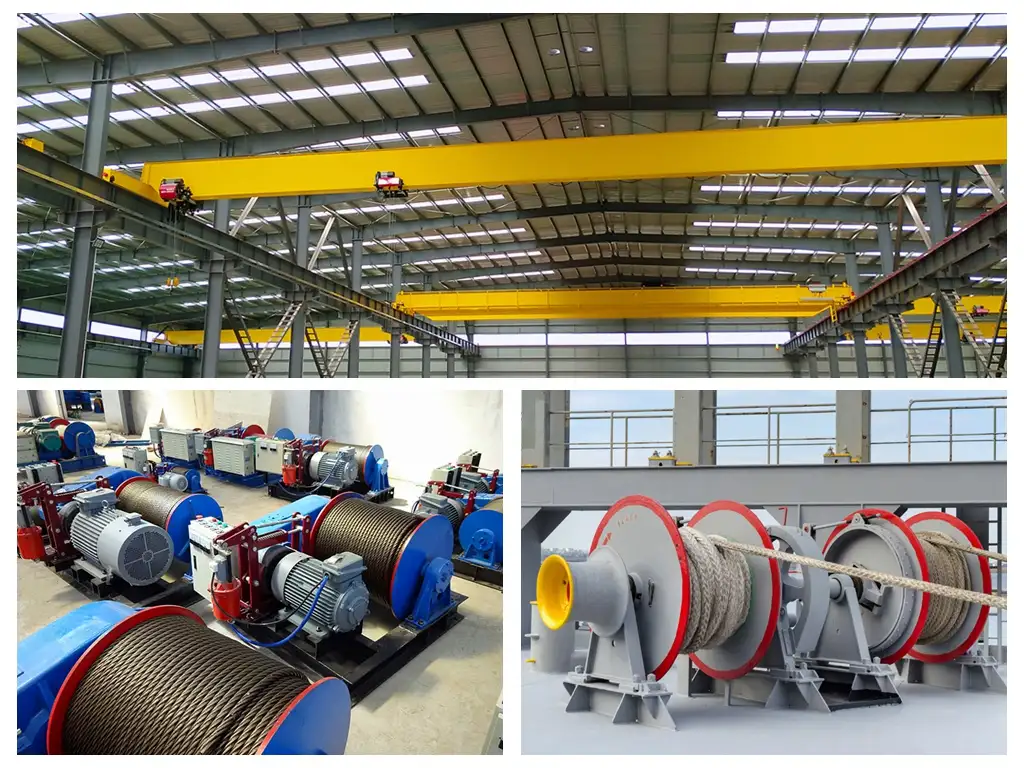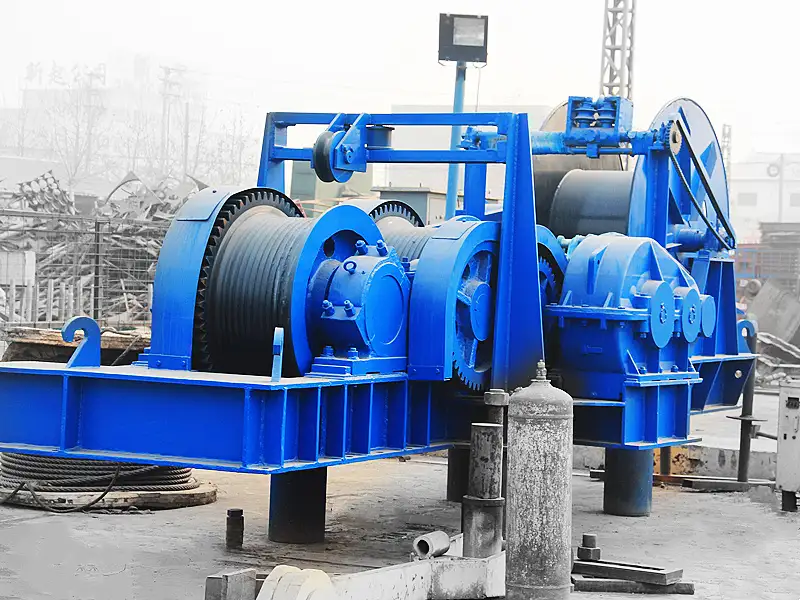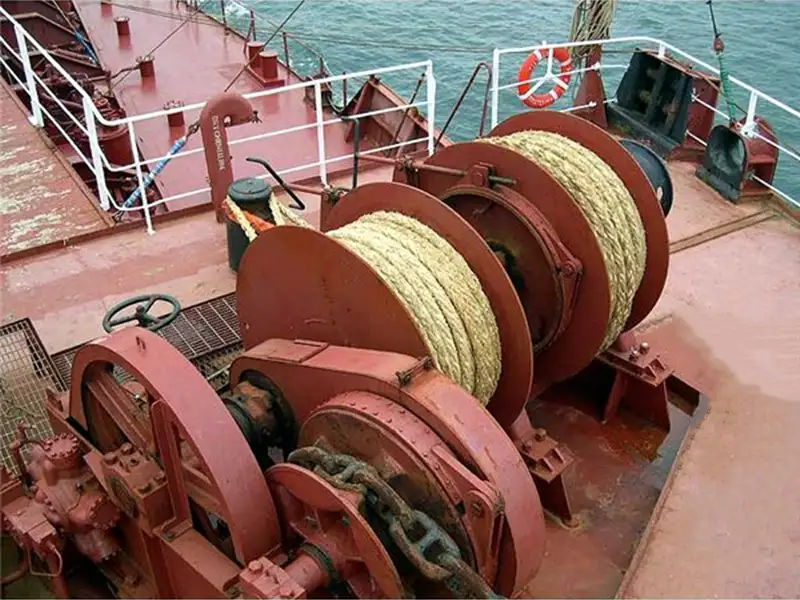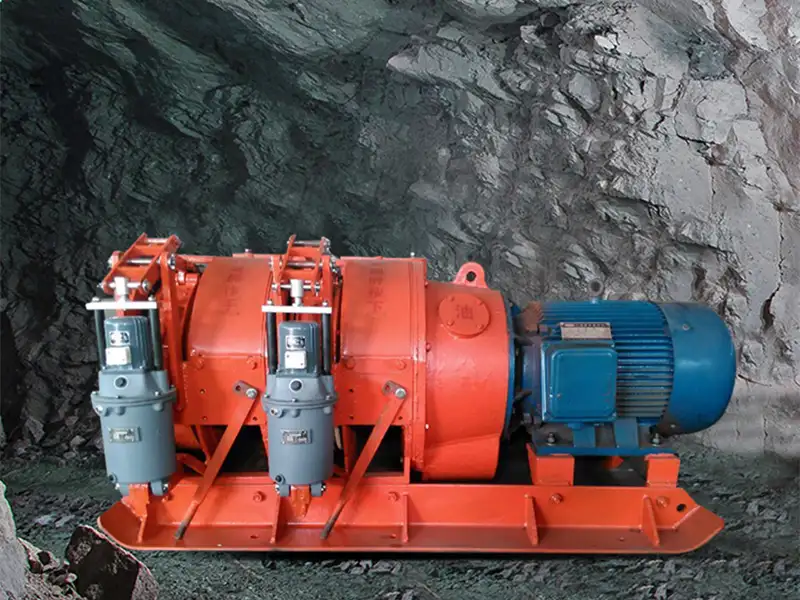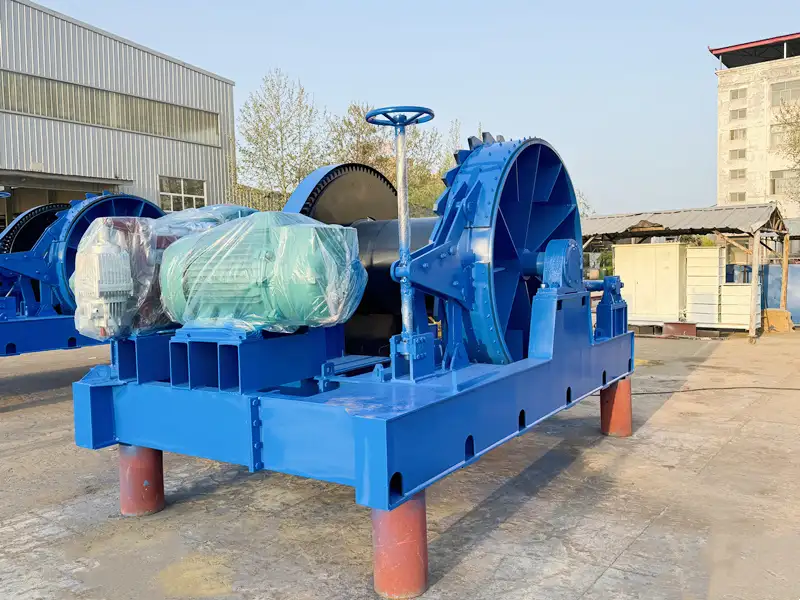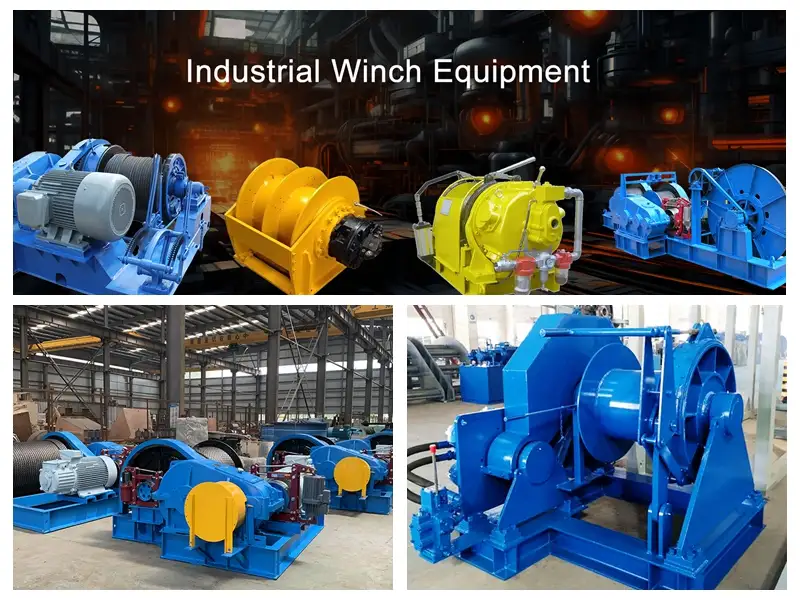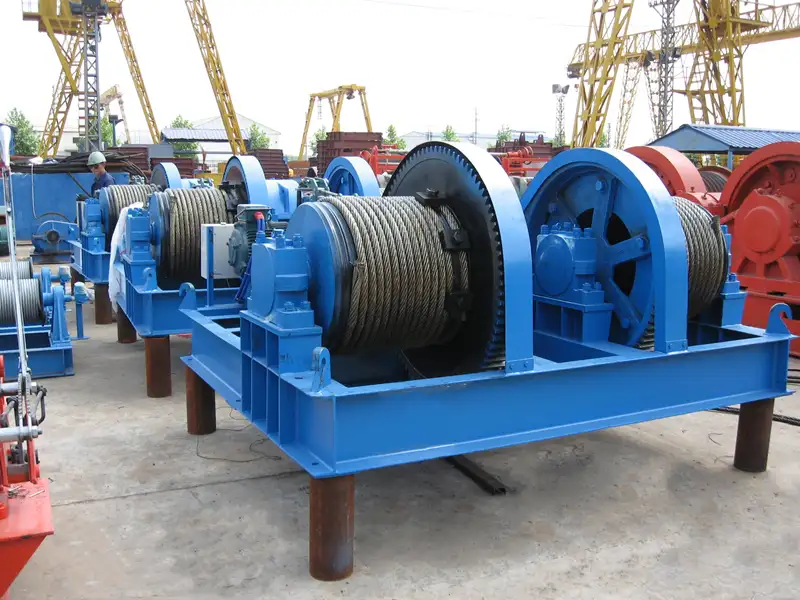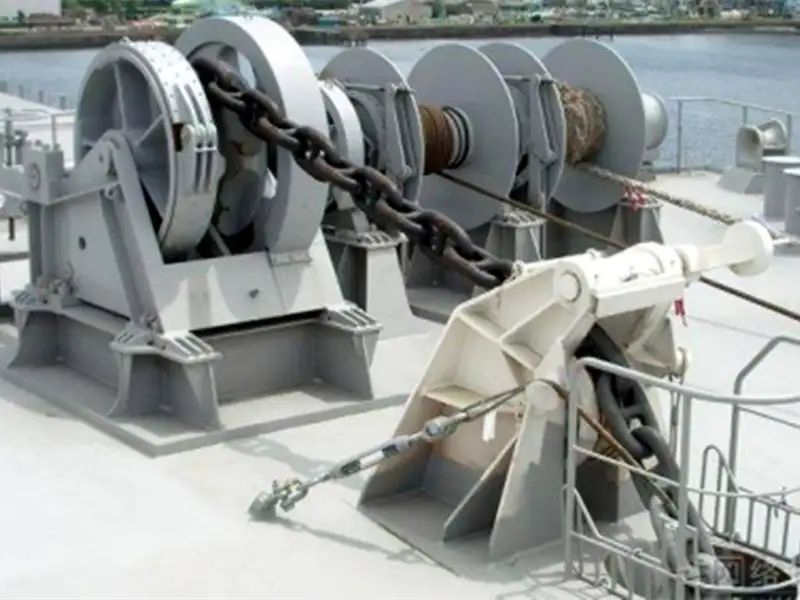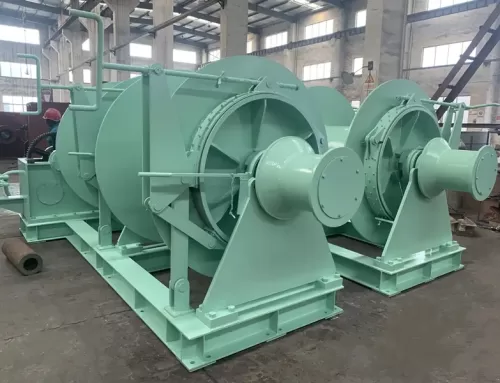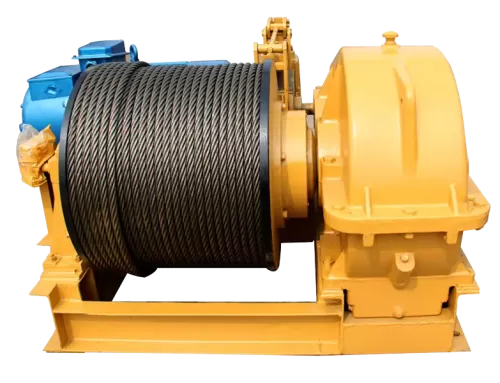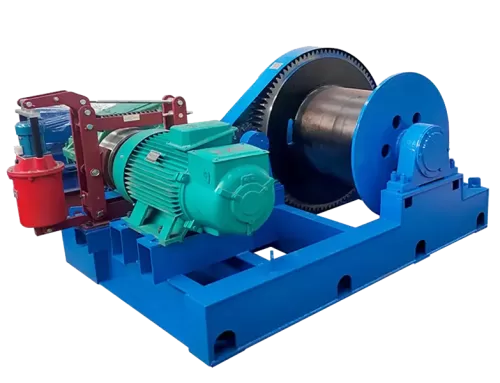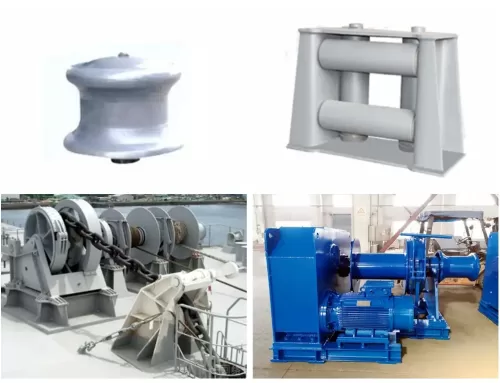Hydraulic vs. Electric Winches: Which One Is Best for Your Industry?
Hey there! If you’re trying to decide between a hydraulic winch and an electric winch, you’re not alone. At GT Winch Group, we get this question all the time from folks in construction, shipping, mining, and other heavy industries. Let’s cut through the jargon and figure out which one’s right for YOUR needs.
How Do Hydraulic and Electric Winches Work?
Hydraulic Winches: The Muscle Machines
Hydraulic winches run off a hydraulic pump, usually connected to a vehicle’s engine or a separate power pack. Think of them as the bodybuilders of the winch world:
-
Power: They handle heavy loads (50–500+ tons) without breaking a sweat.
-
Toughness: Perfect for dirty, wet, or explosive environments (like mines or oil rigs).
-
Downside: They’re bulkier and need more maintenance.
Electric Winches: The Quiet Problem-Solvers
Electric winches use a motor powered by batteries or a power grid. They’re like the smartphones of winches—compact and user-friendly:
-
Ease of Use: Plug-and-play setup, quieter operation.
-
Eco-Friendly: Zero fluid leaks, great for indoor factories or eco-sensitive zones.
-
Limits: Max out around 20–50 tons (not ideal for extreme loads).
Hydraulic vs. Electric: Head-to-Head Comparison
1. Power & Performance
-
Hydraulic Wins When:
-
You’re lifting 200-ton steel beams for skyscrapers.
-
Working in a dusty mine where sparks could cause explosions.
-
-
Electric Wins When:
-
You need precise control for positioning solar panels.
-
Operating in a warehouse where noise and pollution matter.
-
2. Cost & Maintenance
-
Hydraulic:
-
Higher upfront cost (pumps, hoses, etc.).
-
Maintenance: Regular fluid checks and seal replacements.
-
-
Electric:
-
Cheaper to install (no hydraulic systems needed).
-
Maintenance: Just keep the motor clean and batteries charged.
-
3. Safety & Compliance
-
Hydraulic: Safer in explosive zones (no sparks).
-
Electric: Better for indoor air quality (no oil fumes).
Need a Winch Tailored to YOUR Industry?
At GT Winch Group, we’ve built custom hydraulic and electric winches for:
-
Ports lifting cargo containers
-
Mines hauling ore carts
-
Shipyards deploying anchors
Talk to Our Winch Experts!
📧 Email: info@gtwinch.com
📱 WhatsApp: +86 13353666378
🌐 Visit: www.gtwinch.com
As a professional Industrial & Marine Winch Supplier, GT Winch offers
- Customizable Solutions – Available in various load capacities, speeds, and configurations to meet specific industrial requirements.
- High-Quality Manufacturing – Built with strict quality standards to ensure durability, reliability, and long service life.
- Low Maintenance Requirements – Engineered for minimal maintenance, reducing downtime and operational costs.
- General winches,marine winches,construction winches.etc available.Welcome to send a free inquiry.
OEM Supported
Email: info@gtwinch.com
-
Type of Winch-General Winch, Marine Winch, Mine Winch, or Other Type
-
Load Capacity-What is the maximum load (in tons or kilograms) the winch needs to handle?
-
Rope / Cable Type-What type of rope or cable will be used? (e.g., steel, synthetic)
-
Power Source-What type of power is required? (e.g., electric, hydraulic, pneumatic, manual)
